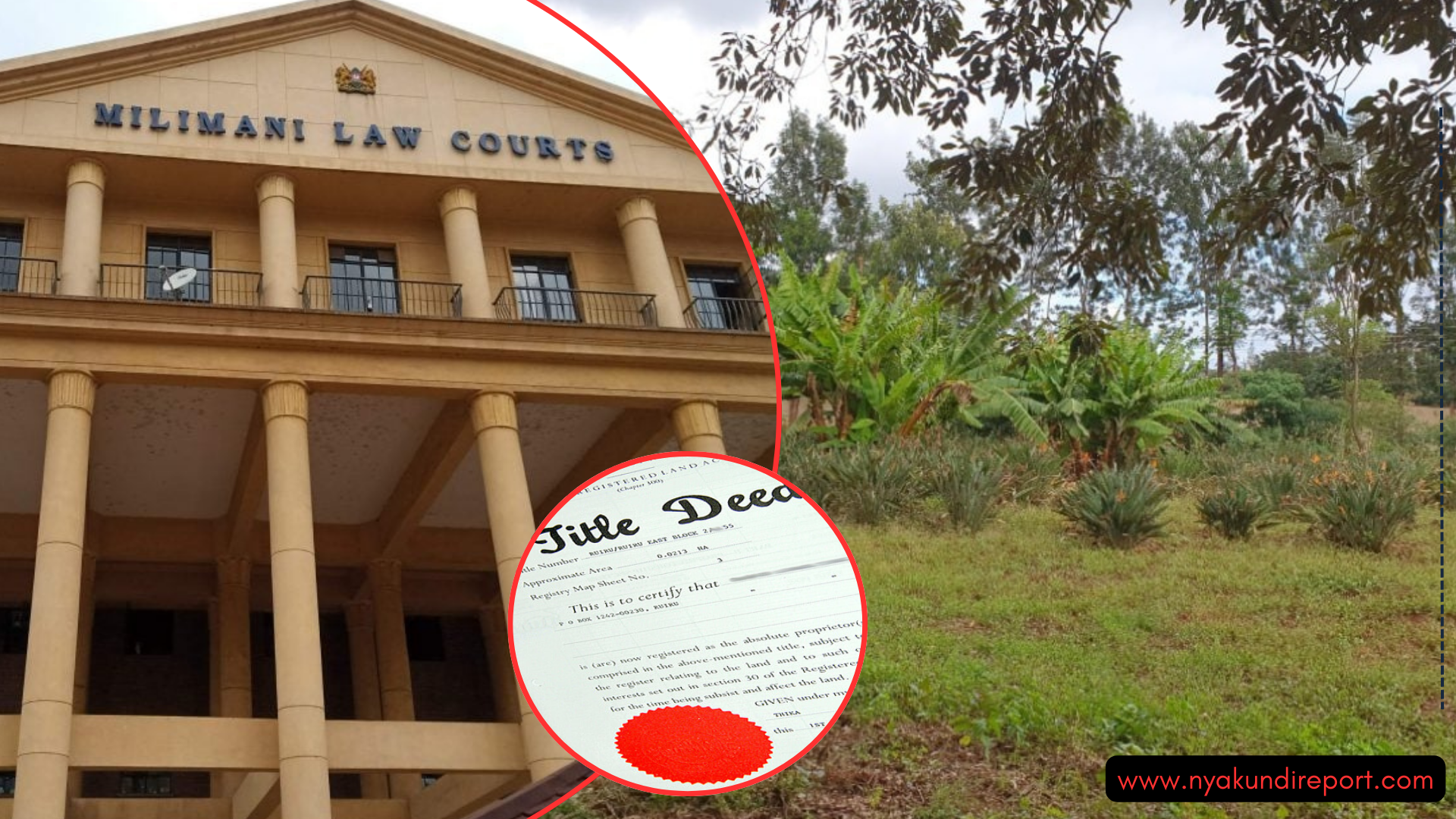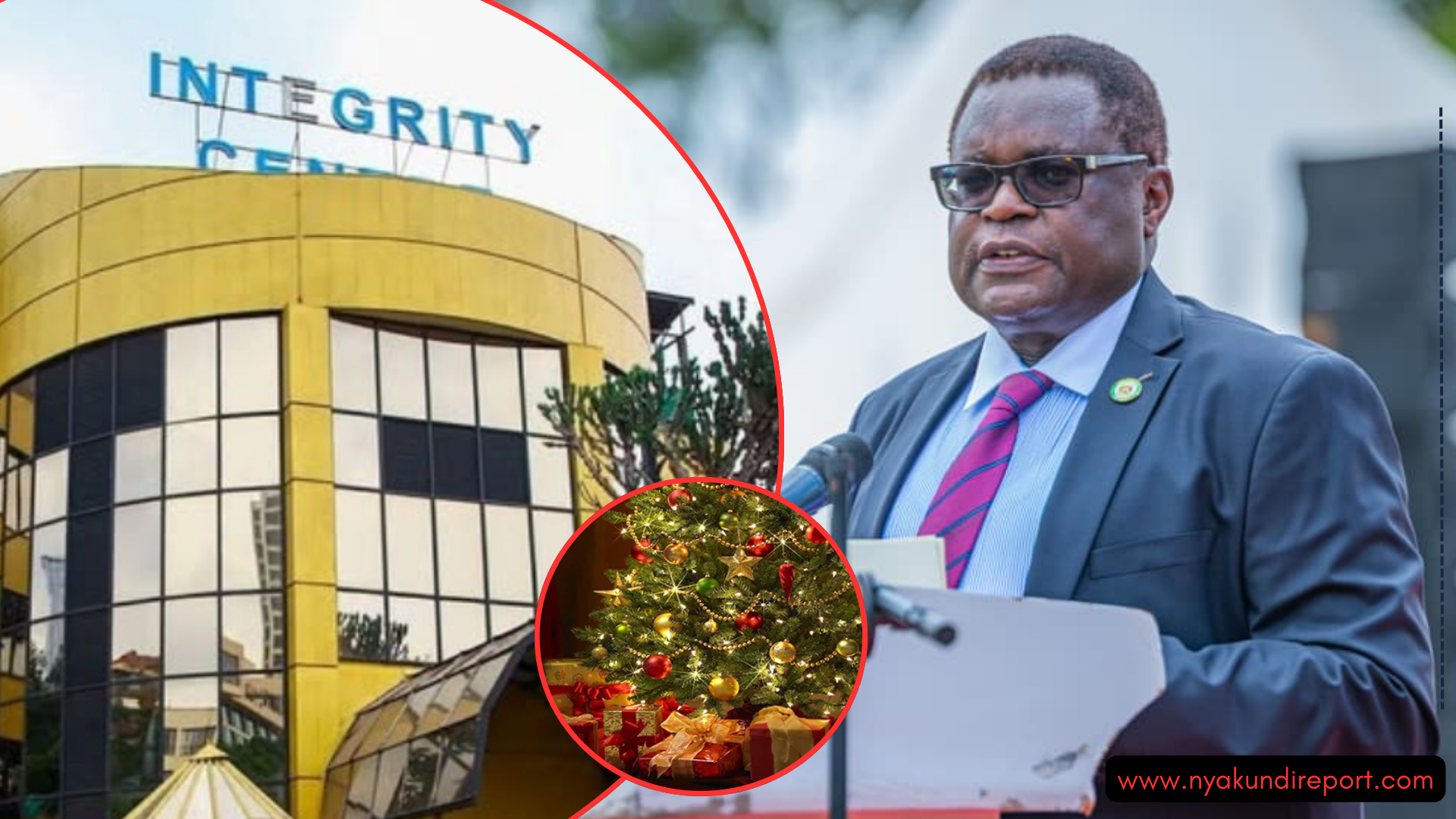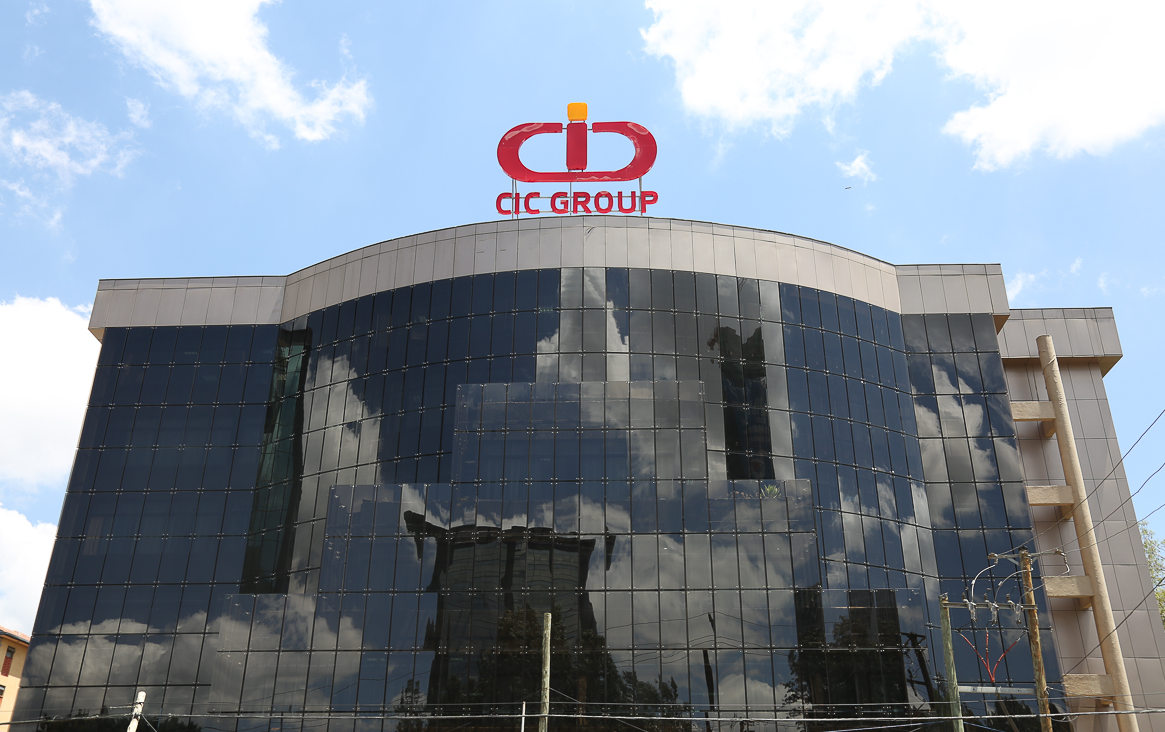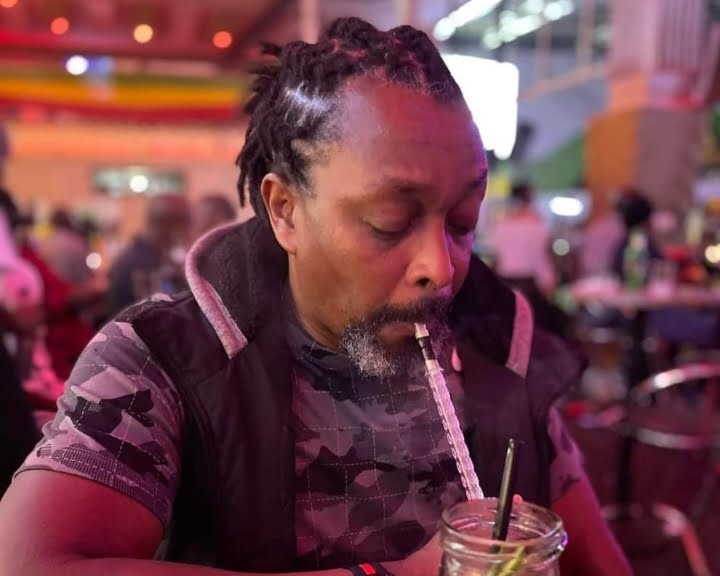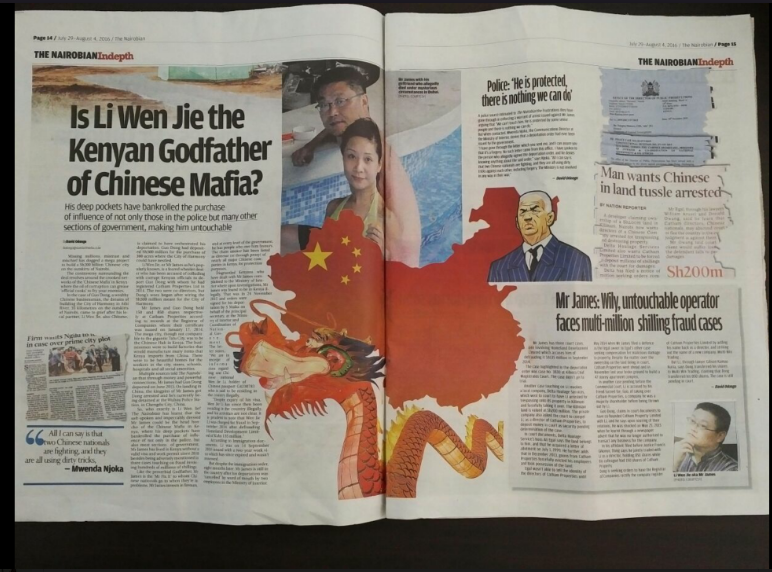Kenya and Uganda are moving closer to a controversial joint ownership of the Kenya Pipeline Company, President William Ruto revealed during a tour in Uganda on Sunday, November 23.
The plan involves publicly listing KPC shares on the Nairobi Securities Exchange, opening the door for Uganda to invest in the company.
Ruto assured investors and citizens that the move is part of a broader regional strategy to strengthen infrastructure and economic integration across East Africa, despite previous concerns over territorial and maritime issues between the two nations.

Controversial Kenya Pipeline Deal Brings Uganda Into Strategic Ownership
President Ruto confirmed that Kenya and Uganda will jointly own shares in the Kenya Pipeline Company once the privatisation process is complete. Speaking during an investment tour in Uganda, Ruto emphasized that the decision followed a joint ministerial meeting in Nairobi, where both governments ratified new cooperation frameworks for shared infrastructure ownership.
Ruto stated that Kenya will divest 65 percent of its stake in KPC, allowing Uganda and other regional investors to co-invest. He said, “The government of Uganda is prepared to co-invest with us because KPC is not just a Kenyan facility but a regional facility.” The move aims to diversify earnings and promote shared ownership of strategic assets across East Africa.
The public listing of KPC shares on the Nairobi Securities Exchange is expected to provide a transparent platform for regional investors to participate. Ruto encouraged East Africans, including Ugandans, to invest once the shares are available, stressing the benefits of wider participation in critical infrastructure.
Extension of Pipeline Project to Strengthen Regional Ties
Ruto disclosed that Kenya and Uganda are also advancing a joint pipeline investment from Eldoret through Kampala to the border with Rwanda and the Democratic Republic of Congo. This initiative will enhance regional energy distribution and economic collaboration.
The Kenyan president highlighted that extending the pipeline will improve logistics and connectivity in the region. By allowing both governments to co-invest, the project aims to balance regional needs while strengthening economic integration across borders.
SGR Extension to Cement Cooperation
In addition to the pipeline, Ruto announced that the Standard Gauge Railway (SGR) will be extended from Naivasha to Kampala. The line will ultimately connect with the existing railway from Malaba to Kampala and further to the DRC.
Ruto explained that this infrastructure initiative will improve transport efficiency, enhance trade, and foster closer ties between Kenya and Uganda. The joint projects are part of a broader push for regional integration and development, linking strategic assets across East Africa.
Addressing Regional Concerns and Media Misrepresentation
The announcement follows remarks by Ugandan President Yoweri Museveni that raised debate over territorial and maritime access. Museveni emphasized Uganda’s need for reliable Indian Ocean access to efficiently export goods.
Ruto defended Museveni’s statements, clarifying that both governments remain committed to cooperation and regional growth. He criticized media outlets that misrepresented the Ugandan leader’s remarks, stressing that the discussions aim to promote connectivity, not conflict.
The Kenya Pipeline Company privatization is set to conclude through an Initial Public Offering by March 31, 2026. With Kenya retaining 35 percent of shares and selling 65 percent, the deal marks a historic collaboration between Kenya and Uganda in managing strategic regional assets.









